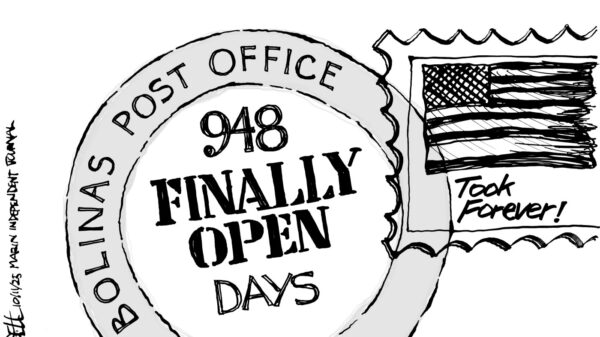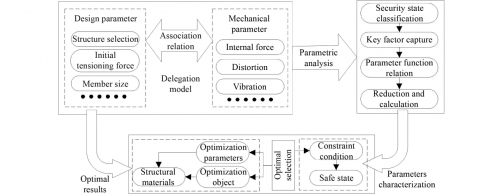A dispute over a minor discrepancy in a fast-food order has surfaced in a letter to the advice column “Dear Abby,” highlighting deeper issues within a long-term marriage. A woman from Ohio describes how her husband becomes upset over differences between online menu prices and actual charges, indicating that the conflict is not merely about money but reflects broader emotional challenges in their relationship.
The woman reveals that during a recent order, a price difference of approximately $5 led to an argument. She explained that her husband insists she verifies prices for every item, and when she failed to do so, he reacted with anger, suggesting she should simply “forget it.” She noted the context of the fast-food environment, citing staff shortages and high demand as reasons not to question the pricing further.
In her letter, she also mentioned her health condition, stating that she had suffered a stroke, which impacts her ability to perform quick mental calculations. Despite their financial stability, she feels his controlling behavior is emotionally abusive and constraining. She commented on his consistent response to disagreements, stating, “Why don’t you walk away? Leave!” This dynamic has persisted over their 40-plus years of marriage, leading her to seek guidance.
In response, Abigail Van Buren, also known as Jeanne Phillips, advised that the husband should take charge of ordering fast food himself, especially if he is particular about pricing. She suggested that he could dictate the prices for her to note, rather than placing the burden solely on her. Furthermore, Van Buren highlighted that if financial disagreements are a recurring issue, seeking marriage counseling might be a more constructive solution than the threat of divorce.
The exchange also drew a response from a reader, Kevin H. from California, who commented on a separate letter about workplace discrimination. He encouraged the original letter writer to report the unacceptable behavior of a colleague making fun of transgender individuals. He emphasized that such actions are no longer tolerated in professional environments and should be addressed promptly.
The advice column has been a platform for addressing various social issues, and this particular correspondence underscores how financial matters can intertwine with emotional well-being in relationships. The column, founded by Phillips’ mother, Pauline Phillips, continues to resonate with readers seeking insights into personal dilemmas.
For those experiencing similar relationship challenges, the importance of open communication and professional guidance cannot be overstated. As reflected in these letters, navigating emotional conflict requires careful consideration of both financial and psychological factors.








































































